’World’s greatest miniaturist’ vs big-picture reformers
Unless the electorate intervenes, Labor is on track to becoming as big a reforming laggard as the previous Coalition government.
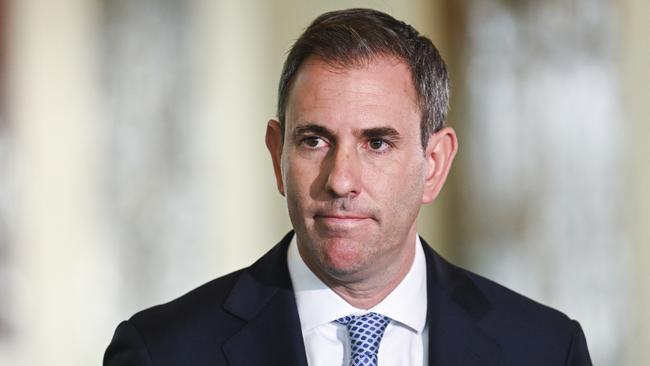
Jim Chalmers says the next election will be all about the economy, yet the latest polls have the Coalition leading Labor as the preferred economic manager.
The difficulty for the Prime Minister is that for many Australians 2024 may be a harder year than this year has been. If inflation and interest rates do recede it will be only because the economy crashes and unemployment rises, creating new challenges. It isn’t necessarily a binary choice between entrenched high inflation and a recession, but the mooted soft landing option in between may be beyond our policymakers.
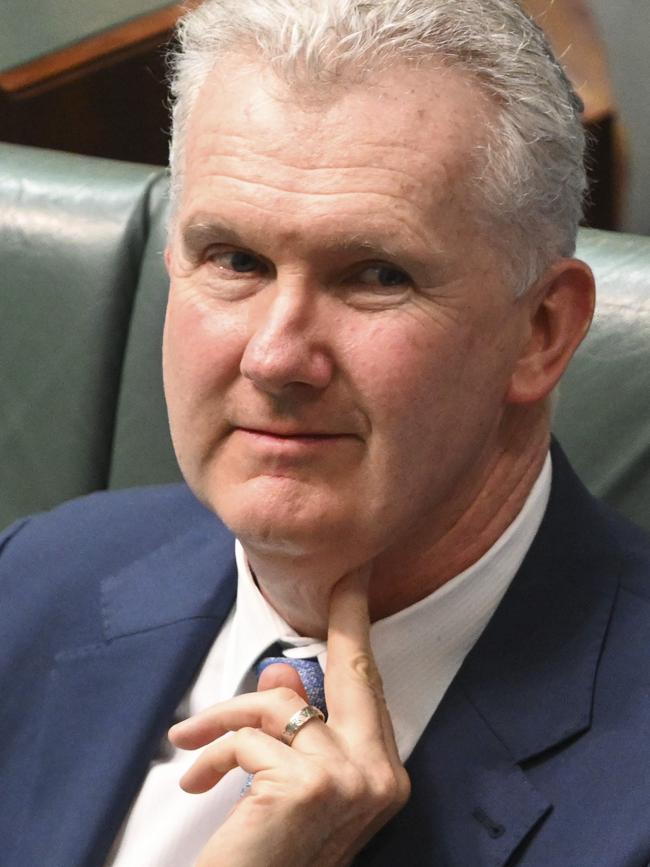
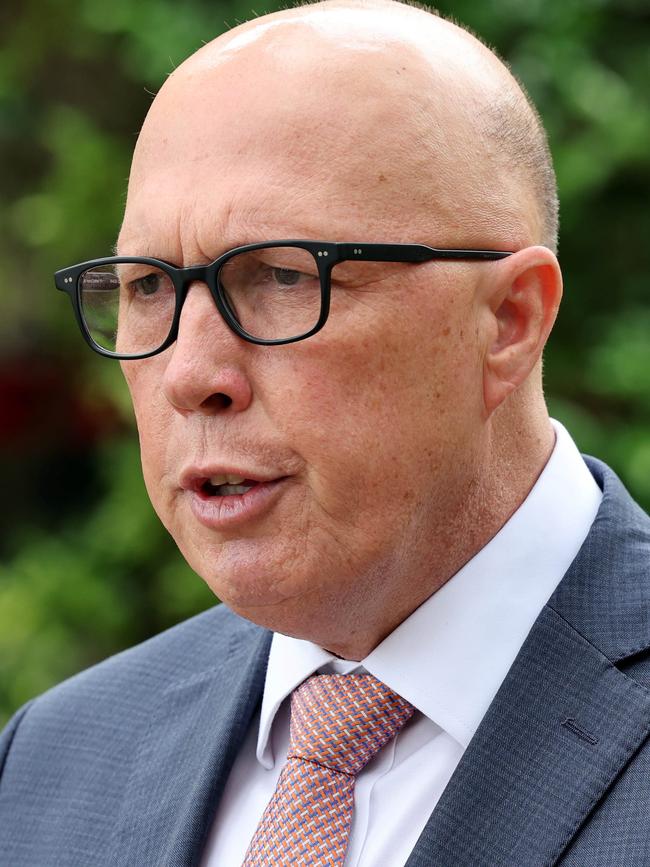
This week the Treasurer took umbrage at the growing number of economists critical of his sedentary approach to overdue economic reforms.
His solution was another profile piece, dispelling the claims. Proving that offence is the best form of defence in Donald Trump’s post truth world, Chalmers said: “We have done more economic reform in the last year than we’ve seen in Australia in the last decade.”
In other words, he has done very little. If you want to prove that you’re handsome, it’s best not to simply claim you’re better looking than the ugly bloke in the corner who has sat there idle.
Everyone knows the previous Coalition government was a reforming laggard. Besting its efforts is nothing to crow about, even if it’s true. Doing very little in a short time is only marginally better than doing very little over a longer period. Unless the electorate intervenes, Labor is on track to be as lethargic in the long run as the previous government was.
A decade ago the Grattan Institute released a report titled Game-changers: Economic Reform Priorities for Australia. At the top of its list was fixing the tax system: reducing income tax dependence, replacing it with more consumption taxes. The last Coalition government never went there; the new Labor government has already ruled it out. That’s despite the OECD also calling for GST changes recently.
The 2012 Grattan report also advocated reducing duplication and complexity between state and federal tax arrangements. Improved productivity was the goal, a theme echoed in a Productivity Commission report from March this year calling for more flexible workplace relations laws.
The Albanese government, however, is moving in the opposite direction under Employment and Workplace Relations Minister Tony Burke.
The more he succeeds, the more Chalmers will fail. The previous Coalition government was afraid of its own shadow when it came to the politics of IR, making for a one-sided debate.
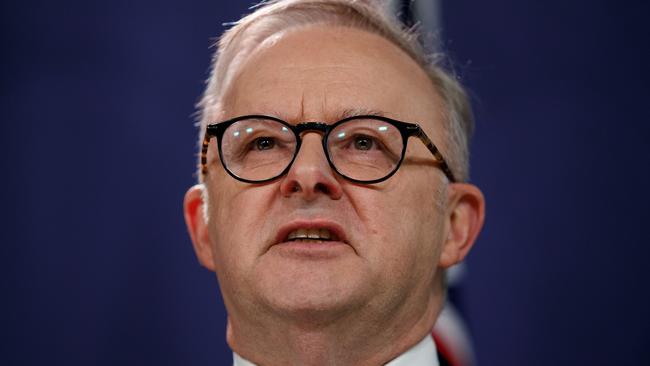
Unless the Opposition Leader finds a workplace relations spine, overcoming Coalition timidity since John Howard was thwarted by anti-Work Choices attack ads, business has no one to turn to. The business community finally has worked out that Labor isn’t its friend. But the Liberal Party is little more than a distant cousin.
In this week’s interview rejecting criticisms, Chalmers also claimed he had a bevy of reforms that he’d reveal one by one next year, like Salome’s dance of the seven veils for King Herod. An alluring prospect if you’re gullible enough to believe any of them will amount to more than perfunctory changes thought up by bureaucrats ahead of being announced by politicians more interested in spin than substance.
Albanese is looking for a new chief spin doctor following the resignation of his communications director, Liz Fitch. I don’t suppose Chalmers would want to give up his parliamentary career to join the staffing ranks of the Prime Minister’s Office in a capacity he could add some real value.
Getting back to the supposedly meaty reforms the government allegedly has achieved already, the list cited by the Treasurer included higher taxes on gas and coal exporters and fewer tax concessions on super, alongside handing down a surplus.
Paul Keating floated the dollar, reduced tariffs and opened up foreign investment. Peter Costello legislated a GST few thought politically possible. Chalmers fell arse backwards into a budget surplus built on revenue from the businesses he is crowing about increasing taxes on under the banner of reform.
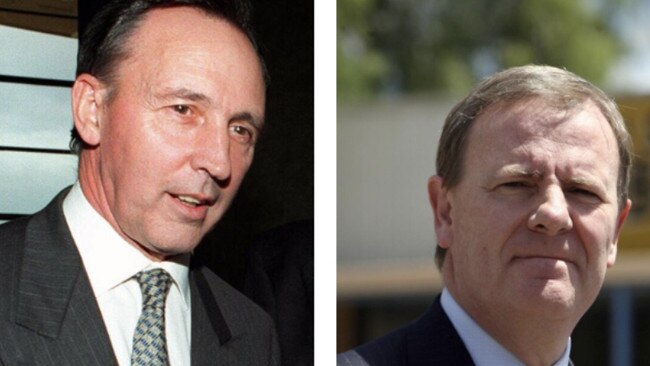
Perhaps he sees himself as the world’s greatest miniaturist rather than a big-picture reformer like notable predecessors, toiling away on the small stuff others left to their departments to sort out. Or maybe this government’s big-ticket reforms really are being lined up for its second term, under a veil of secrecy to be announced during the election campaign, and I’m just too cynical to give them the benefit of the doubt as we all wait to find out. I won’t hold my breath.
You can’t condemn a lack of economic reforming credentials since the days of Bob Hawke, Keating, Howard and Costello without noting the stifling impact of modern journalism. To be sure, it’s a tougher media environment now than in decades past: social media, instant breaking news online, fewer journalists with less time to seriously evaluate ideas and policies. Activists masquerading as reporters. The uneducated (in life and academically) lecturing on topics they know little about.
It’s an environment that lends itself to the superficial over substance, to sensationalism over considered policy analysis. Back in the day senior newspaper editors often joined the push for nation-shaping reforms, using their mastheads to campaign. Today too many younger people wouldn’t even know what a newspaper was, much less learn from its editorials. Instead generation next gets its “news” from the always vacuous TikTok or the unaccountable ranks of “citizen journalists” peddling conspiracy theories.
But it is also true that in the 1980s and ’90s senior politicians such as those named above attended press conferences and media interviews with the aim of making arguments to convince the public to support their case. Today those in the same positions deploy mind-numbing spin designed to survive rather than thrive.
Peter van Onselen is a professor of politics and public policy at the University of Western Australia and Griffith University.


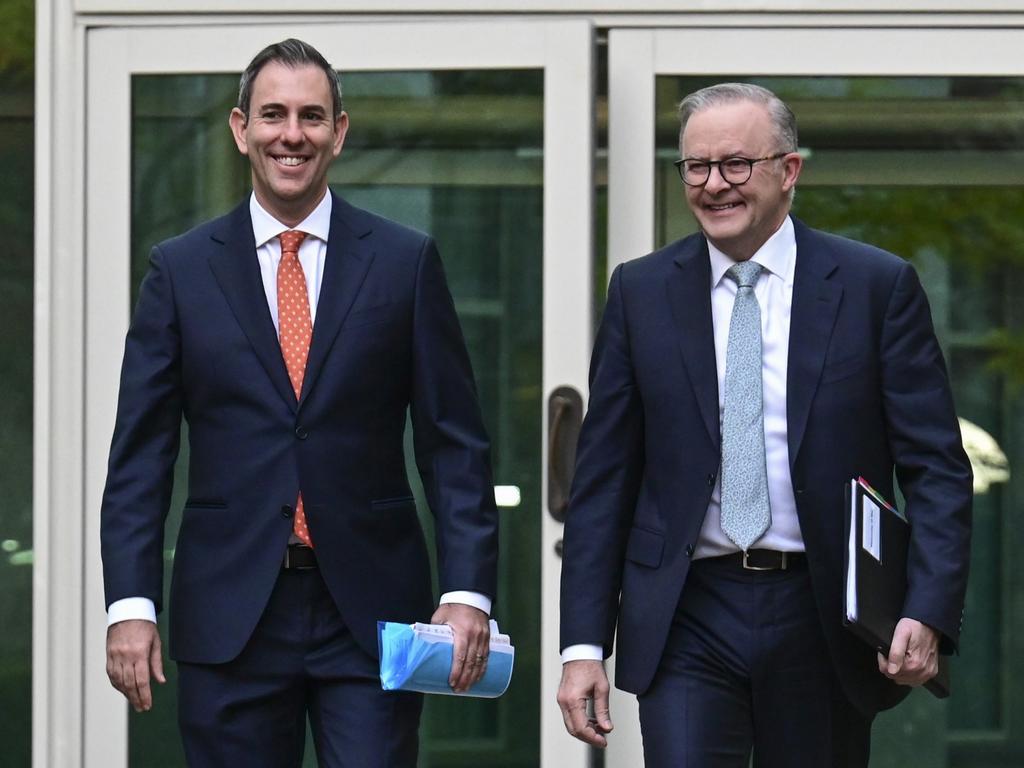


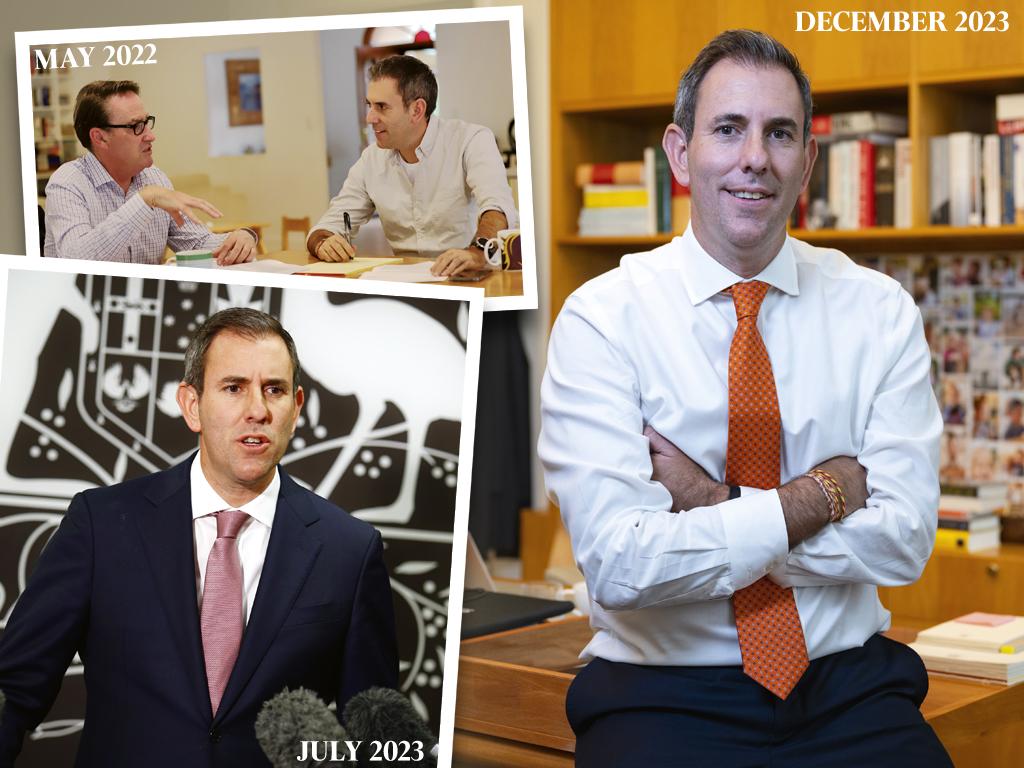


A year that started with Peter Dutton under pressure has ended with Anthony Albanese searching for a way to revive his government’s political fortunes.